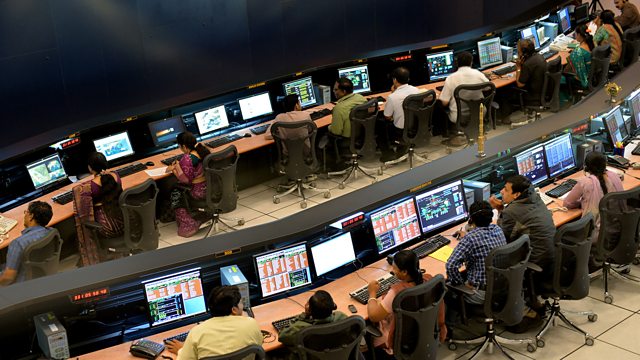Exploring the State of Science in India
Exploring the state of science in India, Is pet-keeping a social meme?, How virtual reality can reduce innate racism, Engineering robots that can walk on broken legs.
How is the world’s largest democracy performing in the scientific arena? India can boast of having made some great scientific strides over the last few years with its flourishing space programme and pharmaceutical industry. But despite these successes, when comparing India to other BRIC nations like China, its scientific output looks less healthy. Science in Action explores the state of science in India with three experts, CNR Rao, Jahnavi Phalkey and Ajay Sood who share their views on what is hampering scientific progress as well as where they see future opportunities.
Pets are Socially Contagious
‘Trends’, ‘fads’ and ‘crazes’ are the colloquial terms for culturally transmitted behaviours that boom with popularity before reducing or even disappearing. Scientists call these things ‘social memes’ and one professor thinks these extend to that most human of obsessions, keeping pets. Hal Herzog says that we are more likely to keep a rescue dog or a French bulldog now, not because of some kind of evolutionary imperative, but because that is just what everyone else is doing.
Racism and Virtual Reality
The familiar expression ‘walking in someone else’s shoes’ describes how imagining yourself as another person can increase your empathy for them. Scientists have been exploring this, but in virtual reality. Their results indicate that appearing in the virtual world as someone of a different race can in fact help to reduce subconscious racist attitudes.
Limping Robots
All living things can cope well with being damaged. When humans and animals lose the function of a limb or a muscle they can quickly work out new forms of movement to compensate. But when a component fails in your car, fridge or other machine, it immediately stops working until it can be fixed by a mechanic. What if it could adapt to work with the damaged parts until it can be repaired properly? A team of computer scientists studying artificial intelligence at a lab at the Pierre and Marie Curie University, in France, have developed a way to let their ant-like walking robot find new ways to move after losing the use of various legs and it only takes two minutes! The way it works, according to one of the team Jeff Clune, is by giving the robots a childhood where they have time to learn.
(Photo: Indian scientists and engineers of Indian Space Research Organization monitor the Mars Orbiter Mission at the tracking centre, ISTRAC, in Bangalore. Credit: Manjunath Kiran/AFP/Getty Images)
Last on
More episodes
Clip
-
![]()
Is science in India underperforming?
Duration: 00:53
Broadcasts
- Thu 28 May 2015 18:32GMT����ý World Service Online
- Thu 28 May 2015 23:32GMT����ý World Service Online
- Fri 29 May 2015 04:32GMT����ý World Service Online
Podcast
-
![]()
Science In Action
The ����ý brings you all the week's science news.



